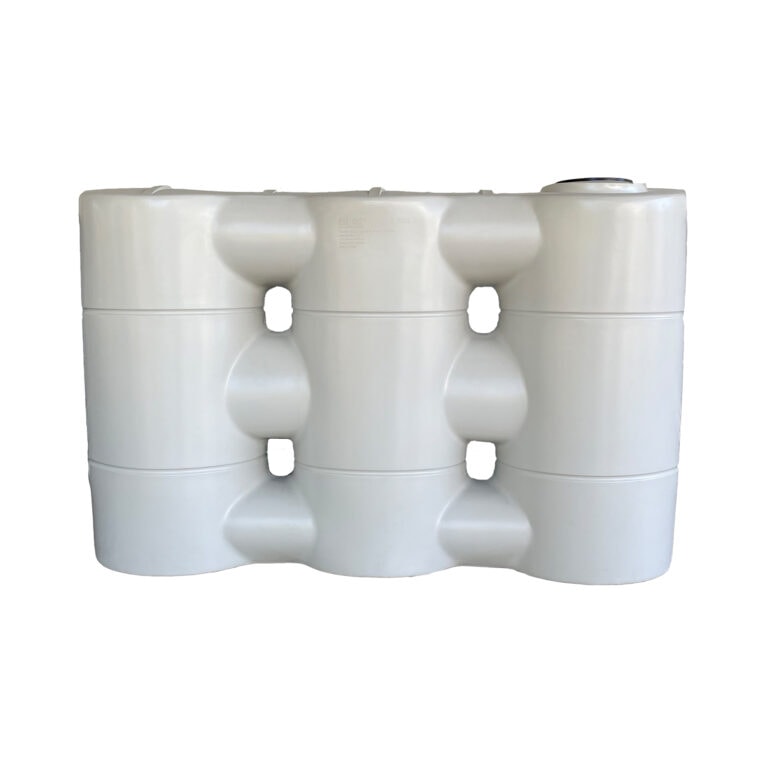Discover the Relevance of Rain Tanks for Lasting Water Preservation Initiatives
In the realm of sustainable water conservation, the use of rain storage tanks stands as a crucial technique that advantages more detailed exam. By discovering the diverse advantages of rainwater harvesting, an extensive understanding of its potential impact on water preservation initiatives arises.
Benefits of Rainwater Containers
Making use of rainwater containers supplies a sensible remedy for sustainable water administration by taking advantage of nature's resources efficiently. Rain containers collect and keep rainwater that falls on rooftops, which can after that be utilized for various non-potable purposes, such as irrigation, washing clothing, purging toilets, and even for some drinkable usages with appropriate treatment. One of the vital benefits of rainwater storage tanks is the reduction of need on mains water system, specifically throughout completely dry periods or droughts.
Environmental Influence of Rain Harvesting
Rainwater harvesting via the use of containers provides a sustainable water administration exercise with positive environmental ramifications. By recording rain, this technique helps in reducing the demand for mains supply of water, consequently alleviating the burden on water therapy plants and reducing power usage connected with water circulation. Additionally, rainwater harvesting help in reducing city flooding and erosion by decreasing the quantity of stormwater drainage. This procedure additionally adds to groundwater recharge, which is crucial for keeping water levels in wells and springtimes, particularly in areas vulnerable to drought.
Furthermore, rain harvesting promotes water preservation and lowers reliance on limited water sources. Overall, the environmental impact of rain harvesting emphasizes its value in advancing lasting water administration techniques.
Rainwater Containers for Residential Usage
Having actually highlighted the environmental advantages of rainwater harvesting, the focus currently shifts to the sensible application of rainwater tanks for residential water preservation (Slimline water tanks). Rainwater tanks play a vital role in residential water administration by recording and keeping rainwater that falls on the roofing system of a house. These storage tanks can vary in size and material, using property owners adaptability in picking a system that fits their demands
One of the key advantages of using rain containers in domestic setups is the decrease in reliance on keys water supply. By collecting rainwater for non-potable uses such as watering yards, washing cars and trucks, purging commodes, and doing laundry, homes can significantly reduce their total water intake and utility expenses. Furthermore, rainwater is usually without the chemicals discovered in treated water, making it a preferable selection for particular home tasks.
Moreover, rainwater harvesting systems can assist mitigate metropolitan flooding and erosion by decreasing stormwater drainage. By recording rain in containers, less water moves right into storm drains pipes, decreasing the pressure on metropolitan drainage systems throughout hefty rainfall. Overall, integrating rain storage tanks right into properties adds to lasting water preservation initiatives and advertises self-sufficiency in water monitoring.

Economic Benefits of Using Rain Containers
The economic benefits associated with the execution of rainwater tanks in household and business settings are considerable and multifaceted. One of the primary financial benefits of utilizing rainwater storage tanks is the decrease in water bills. By gathering and keeping rainwater for different non-potable usages such as irrigation, bathroom flushing, and washing, building proprietors can dramatically lower their dependence on mains water supply, causing considerable cost financial savings over time.
Furthermore, the installment of rainwater storage tanks can increase property value. In today's environmentally mindful market, residential properties furnished with sustainable attributes like rain harvesting systems are frequently more attractive to possible purchasers, commanding higher selling prices and faster sale times.
Additionally, rain storage tanks can help services and home owners alleviate the impact of water restrictions and fluctuating water prices. By having a supplemental water source during official website droughts or durations of raised water expenses, individuals and companies can much better manage their water-related expenditures and keep operational continuity. In general, the economic advantages of using rain tanks make them a sensible financial investment for lasting cost savings and sustainability.
Community Sustainability With Rain Collection
Taking into consideration the wider influence past private Our site benefits, the combination of rain collection systems in neighborhoods plays a critical role in cultivating environmental sustainability and source management. Neighborhood sustainability with rain collection initiatives not just help in lowering the stress on community water sources but also aids in alleviating the impacts of urbanization on neighborhood water systems. By setting up rain containers in public buildings, parks, and public spaces, areas can lower their reliance on centralized water sources, causing a much more resilient water supply during dry spells or emergency situations.
Additionally, community-level rainwater harvesting cultivates a sense of cumulative obligation in the direction of water preservation. Ultimately, community sustainability through rainwater collection not only benefits the existing generation yet likewise makes sure a more sustainable future for generations to come.

Conclusion
